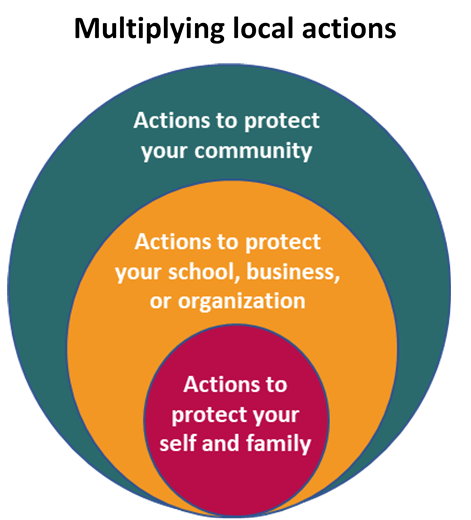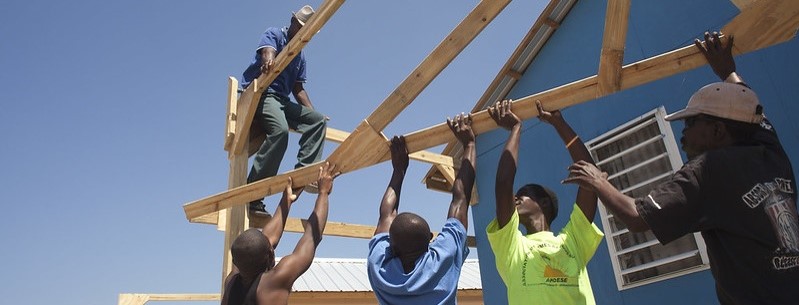
One Billion Coalition for Resilience
“Engaging 1 billion people on the road to their resilience will require a shift in the way we operate.”
One Billion Coalition
for Resilience
1BC has shifted toward a focus on business models for expanding existing National Society and IFRC initiatives – rather than being viewed as a separate initiative. One of the key approaches we want to emphasize is working with diverse partners as programme and mobilizing partners in addition to the ways they support us in fundraising and joint advocacy.
Workstreams
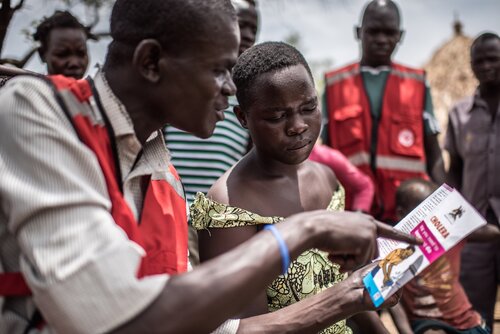
Shaping Agendas
The IFRC is initiating a new article series to highlight and inspire new and emerging business models for humanitarian action:
- Article #1 – A ‘Stakeholder lens’ to connect and streamline humanitarian services (coming soon!)
In addition to global partnerships, the IFRC also recognizes the strong potential for engaging global and regional partners in stronger “localized partnering” with National Societies (especially at branch and local level) on climate, health, and disaster resilience of communities via outreach and engagement of the local members in partners’ own networks. These networks include:
- diaspora networks
- other volunteer and membership organizations (e.g., Scouts and Guides, Rotary and Lions Clubs, etc.)
- local offices and affiliates within private sector companies
- local governments within city networks
- schools within public and private school networks
- local programmes within NGO or UN networks … among other examples
These partner networks are similar to one another in that they i) are important networks for local change and collective impact, ii) often operate in a decentralized manner that is well suited to local partnering with NS branches and other local units, and iii) are still globally or regionally linked through a common network and principles that provide an opportunity for establishing shared commitments with the IFRC network.
Network-wide partnering
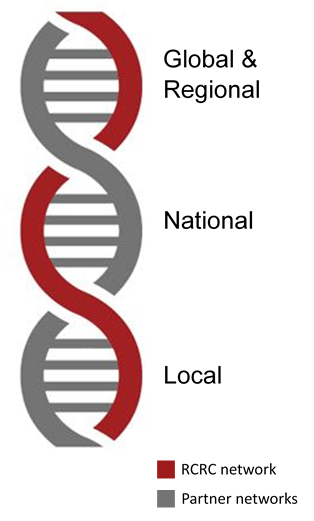
Partners and activities
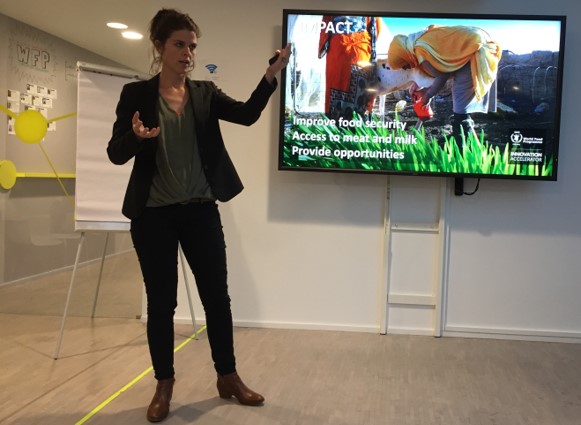 Globally 1BC is focused on sharing tools and opportunities for national and local partners to adapt in creating local resilience actions.
Globally 1BC is focused on sharing tools and opportunities for national and local partners to adapt in creating local resilience actions.Global Partners
- Connecting Business initiative
- UNICEF
- WFP
- The International Federation of Red Cross and Red Crescent Societies
News
- Updating Resilience Mapper
- Collecting resources and examples for Local Action starter kit
- Local Engagement Grants (proposal with UPS)
- Innovations for Resilience workshop held with WFP
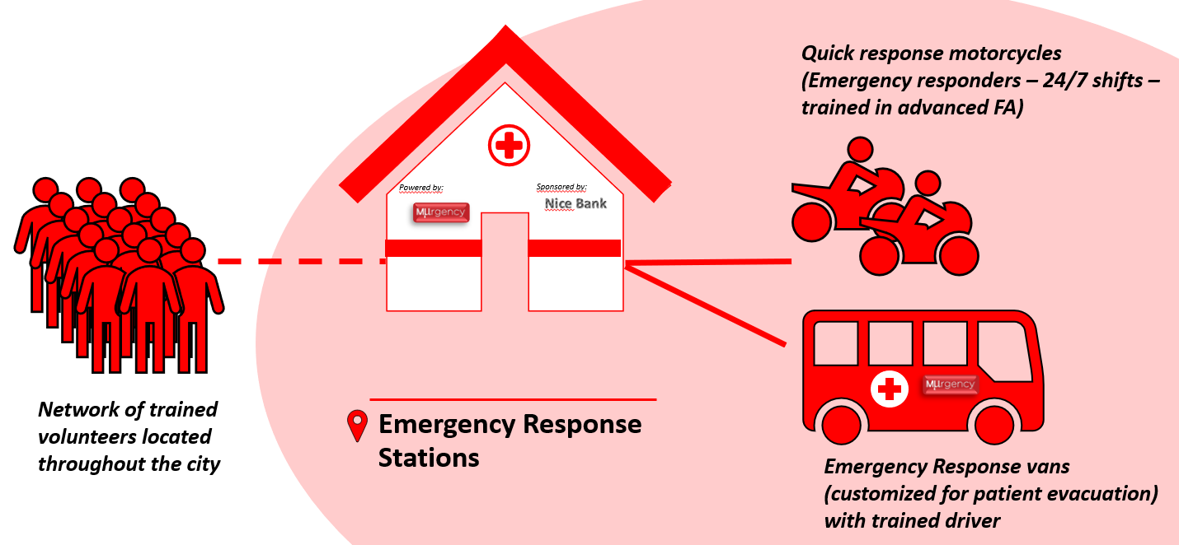 In Africa 1BC is focused on identifying country level opportunities for piloting innovative approaches for scaling.
In Africa 1BC is focused on identifying country level opportunities for piloting innovative approaches for scaling.Regional Partners
- MUrgency
- ProFuturo Foundation
- WFP
- UNICEF
News
- The Nigerian Red Cross, IFRC, MUrgency and a local corporate partner are conducting scoping activities for the rollout of an innovative first responder network using Nigerian Red Cross first aid volunteers.
- The IFRC and the ProFuturo Foundation are finalizing plans for clountry piloting of a collaboration to promote safety and health content and activities in life skills education.
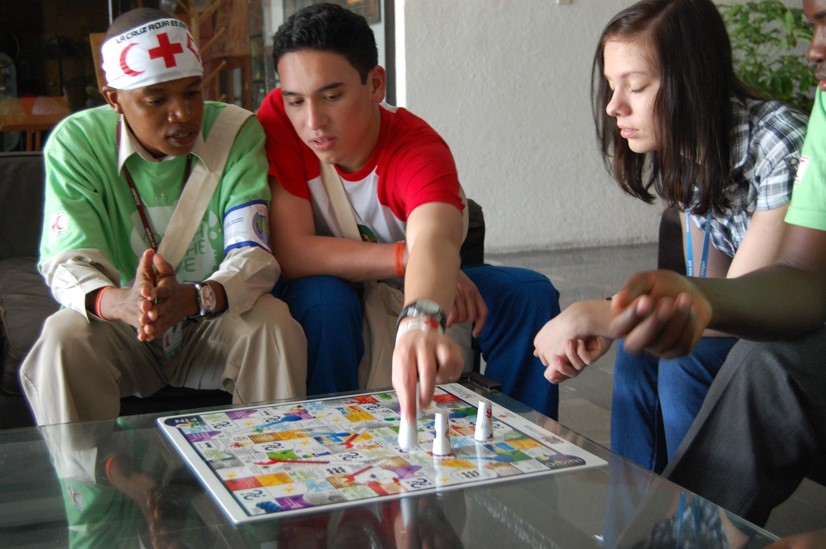 In the Americas the IFRC is approaching 1BC through a regional “Community Resilience Agenda” focused on strengthening national capacities for coalition-building and advocacy to support community resilience.
In the Americas the IFRC is approaching 1BC through a regional “Community Resilience Agenda” focused on strengthening national capacities for coalition-building and advocacy to support community resilience.Regional Partners
- The IFRC and The Nature Conservancy have used a coalition model for collaboration for a programme on Enhancing Coastal Resilience in Grenada. See more details in the Saving lives, changing minds. At the Water’s Edge Project report.
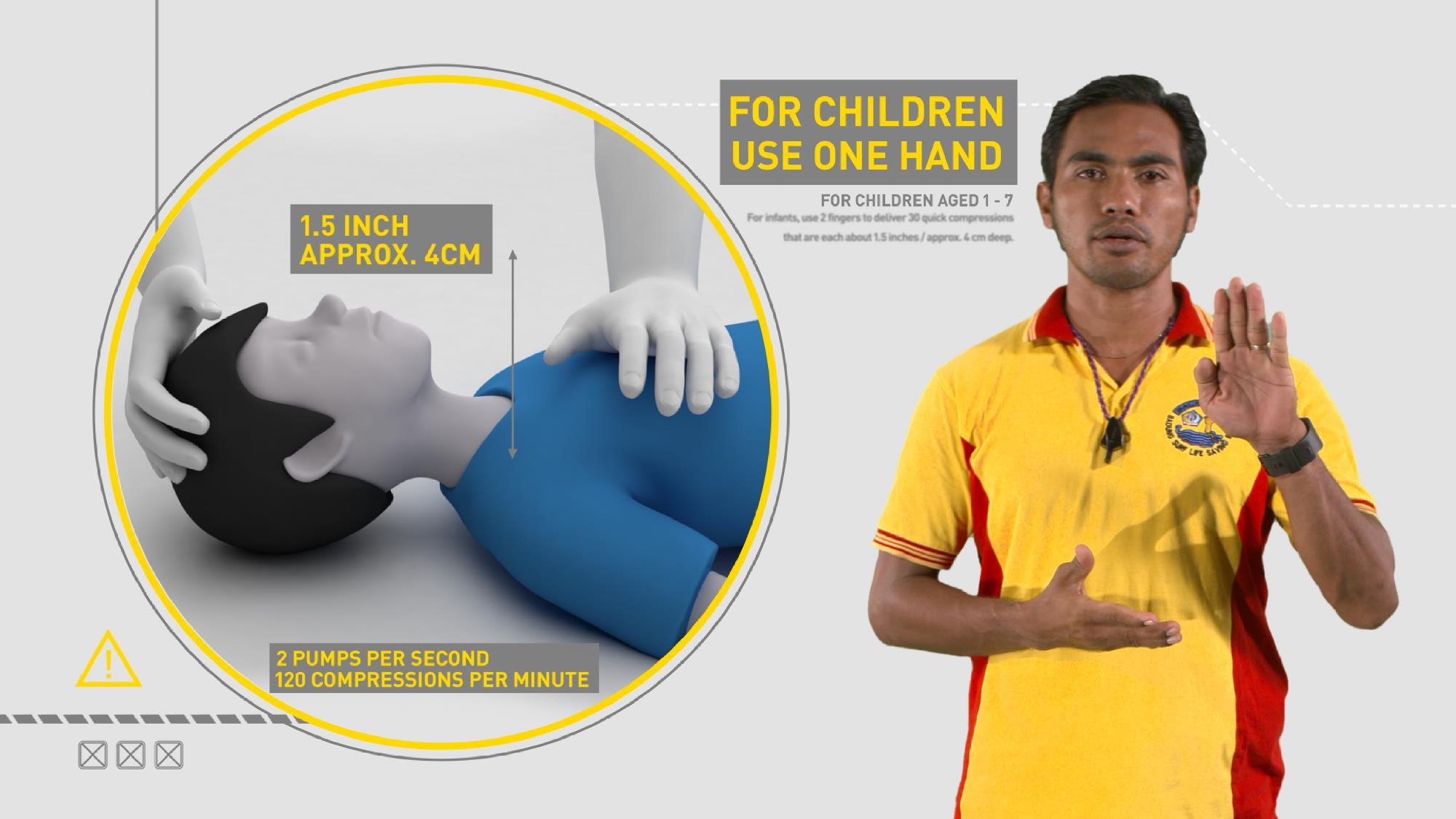 In Asia 1BC is being pursued through a variety of regional initiatives and national preparedness and resilience campaigns.
In Asia 1BC is being pursued through a variety of regional initiatives and national preparedness and resilience campaigns.Regional Partners
- Prudence Foundation
- National Geographic
- Asian Disaster Preparedness Center
- ASEAN
- Association of Pacific Rim Universities (APRU) Multi-Hazards Program
News
- In April 2018, the IFRC Asia and Pacific Regional Office hosted the 10 National Societies from ASEAN countries to start adapting or creating their own national targets and campaigns
- 1BC was presented at the IFRC East Asia Summitin March 2018.
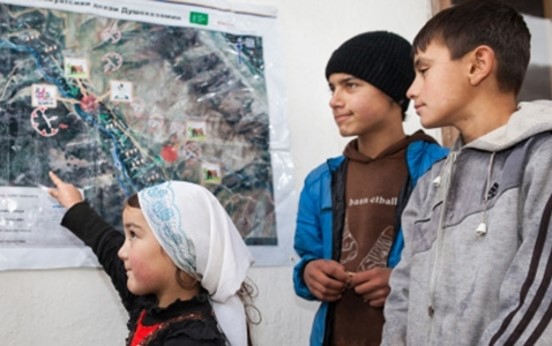
Regional Partners
- UNICEF
News
- “Neighbours help first” is being developed among the South East European Red Cross National Societies as a framework for mutual support in responding to local crises
- The Tajikistan Red Crescent Society is working with the Ministry of Health, UNOPS, and other partners to design innovative community mobilisation strategies to address the risks of diabetes and hypertension as part of the Defeat NCDs partnership
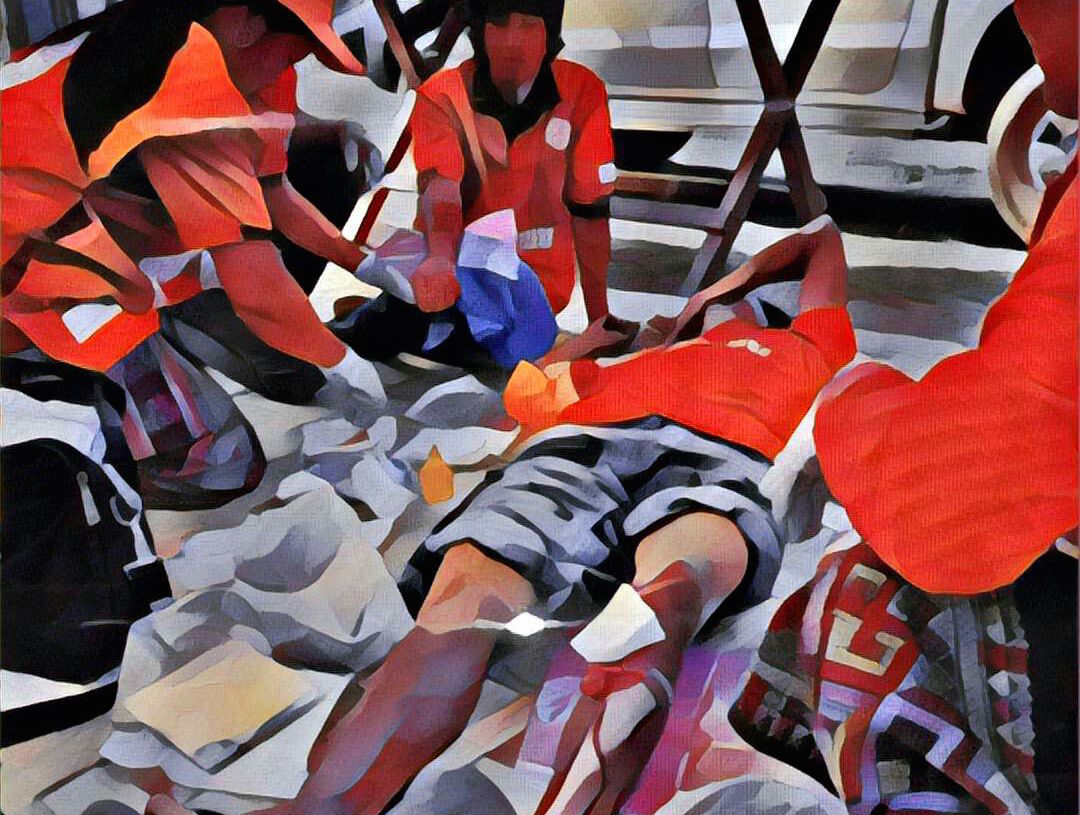 In development
In developmentRegional Partners
- In development
News
- The Iraq Red Crescent Society (IRCS) has established a 1BC Platform in Iraq after the Humanitarian Forum meeting held in Baghdad in December 2018. Subsequently the Prime Minster’s office requested that IRCS take the lead in development of the Iraq National DRR strategy. The initial aim is to establish community resilience teams in all of the districts throughout Iraq, providing as well a framework for addressing climate change within the IRCS and partner strategies.
- The Moroccan Red Crescent has also expressed interest to engage and is currently exploring potential resourcing to support initial activities.
Key Resources
Are you part of the One Billion Coalition?
The 1BC is an invitation to governments, aid organizations, the private sector, academia and community groups to collaborate on a new model, working alongside communities, and invest in initiatives and action to build resilience.
